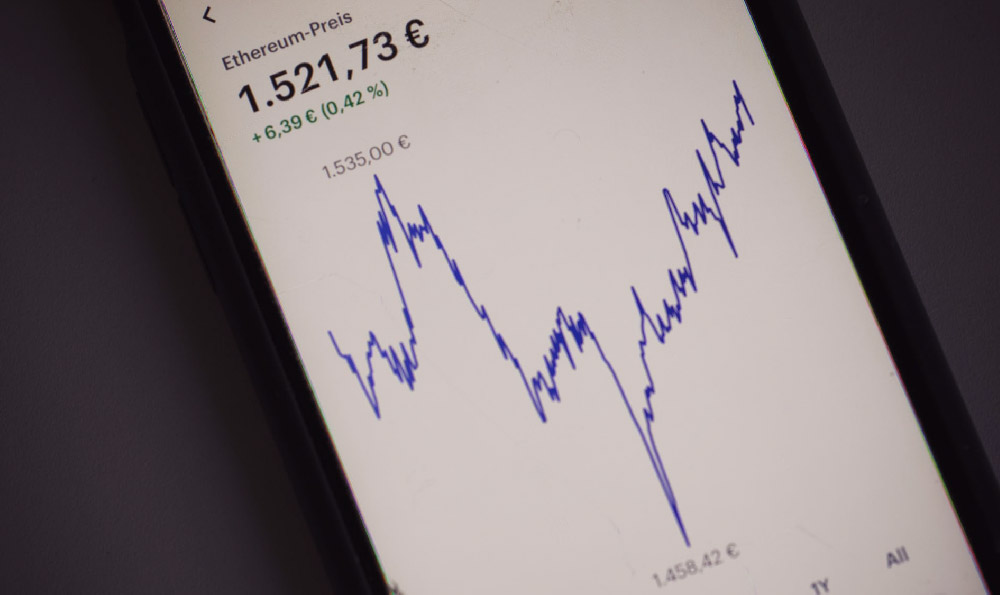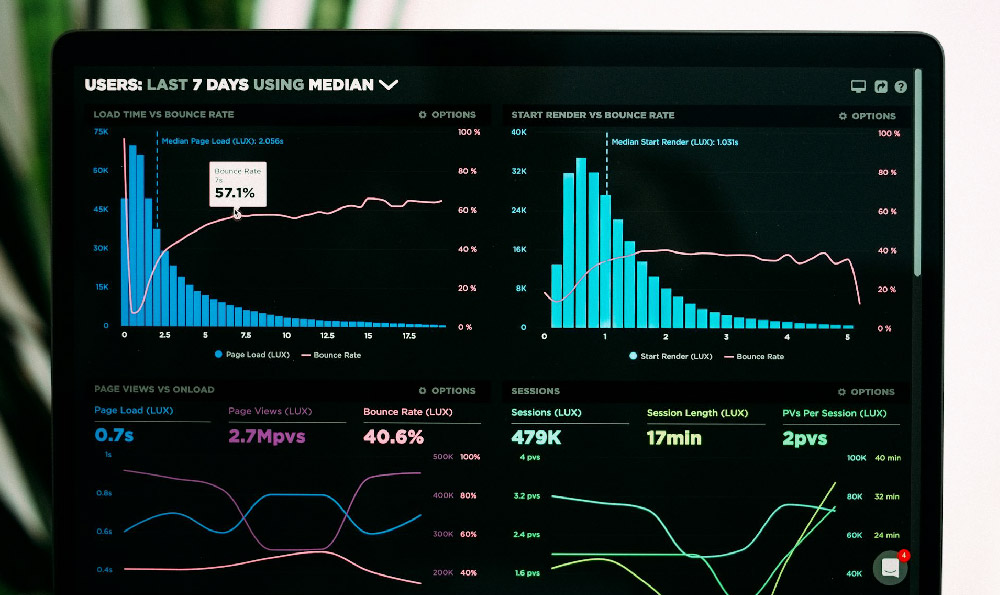Kindle Unlimited (KU) presents a compelling, and sometimes perplexing, proposition for authors. It's a subscription-based program offered by Amazon where readers pay a monthly fee for unlimited access to a vast library of eBooks. For authors, it provides a potential avenue for earning royalties based on the number of pages read by KU subscribers. Understanding the mechanics of how authors earn on KU, and whether it’s a worthwhile strategy, requires a nuanced assessment of its advantages and disadvantages, taking into account an author's individual goals and circumstances.
The fundamental way authors earn on KU revolves around the Kindle Edition Normalized Page Count (KENPC). This is Amazon's method for standardizing the length of eBooks, ensuring fair compensation regardless of formatting or font size variations. When a KU subscriber reads an author's book, Amazon tracks the number of pages read according to KENPC. At the end of each month, Amazon calculates a global fund, which fluctuates monthly, and allocates a portion of this fund to authors based on the total number of KENPC pages read across all enrolled books. This means the royalty rate per page isn't fixed; it’s determined by dividing the monthly fund by the total number of pages read across the entire KU library. Consequently, the per-page royalty rate can fluctuate, impacting an author's monthly earnings.
Enrollment in KU requires exclusivity. When you choose to publish your book through KDP Select, the program that grants access to KU, you agree that your eBook will only be available on Amazon for 90 days (renewable). This exclusivity agreement is a significant factor to consider, as it prevents you from selling your eBook on other platforms like Apple Books, Kobo, Barnes & Noble, or your own website. This constraint has profound implications for authors seeking broader distribution and reaching readers who may prefer other retailers.

Several factors influence an author's success on KU. Book length is a primary consideration. Longer books inherently have the potential to generate more page reads, and therefore higher royalties. Genre also plays a crucial role. Genres that are popular among KU subscribers, such as romance, science fiction, fantasy, and mystery, tend to perform better. This is because KU readers often binge-read within these genres, maximizing their subscription benefits. Marketing and promotion are also paramount. Driving traffic to your book's Amazon page, increasing visibility, and encouraging KU subscribers to read your book are essential for maximizing earnings. This can involve leveraging social media, running Amazon ads, participating in author collaborations, and utilizing email marketing.
However, the seemingly straightforward calculation of royalties based on KENPC isn't without its complexities and potential drawbacks. The fluctuating per-page royalty rate can create uncertainty and make it difficult to predict monthly earnings. The reliance on KENPC also raises concerns about "page-stuffing," where authors or publishers attempt to artificially inflate page counts to increase royalties. Amazon actively combats such practices, but the potential for manipulation remains a concern.
Furthermore, the exclusivity requirement of KDP Select is a major consideration for authors who prioritize wider distribution. While Amazon holds a significant share of the eBook market, limiting your book to a single retailer can restrict your reach and potentially limit your overall sales. Authors who have established a strong presence on other platforms or who target niche audiences may find that the benefits of exclusivity don't outweigh the potential loss of sales elsewhere. The impact on print sales is also a factor to consider. Some authors find that offering their eBook on KU negatively impacts their print sales, as readers who might have purchased a physical copy choose to borrow it through KU instead.
To determine whether KU is worth it, authors need to carefully weigh the potential benefits against the associated costs and limitations. Authors who write in popular genres and are comfortable with exclusivity may find that KU provides a significant boost to their earnings. Authors who have a large backlist of books can also benefit, as they can generate passive income from page reads across multiple titles. Furthermore, KU can be a valuable tool for gaining exposure and building a readership, particularly for new or emerging authors. However, authors who prioritize wider distribution, target niche audiences, or rely heavily on print sales may find that the exclusivity requirement outweighs the potential benefits.
Ultimately, the decision of whether or not to enroll in KU is a strategic one that should be based on a thorough assessment of your individual circumstances, goals, and risk tolerance. It's essential to track your sales and royalties closely, experiment with different strategies, and adapt your approach as needed. There is no one-size-fits-all answer, and what works for one author may not work for another. Carefully consider your target audience, marketing capabilities, and long-term publishing goals before making a decision. Explore various promotional strategies within KU, such as free book promotions and Kindle Countdown Deals, to see if they improve your visibility and earnings. Remember to stay informed about any changes to Amazon's policies and algorithms, as these can impact your performance on KU. Engaging with other authors in the Kindle community can also provide valuable insights and support. By taking a proactive and informed approach, you can make the most of KU and maximize your chances of success as an independent author.












